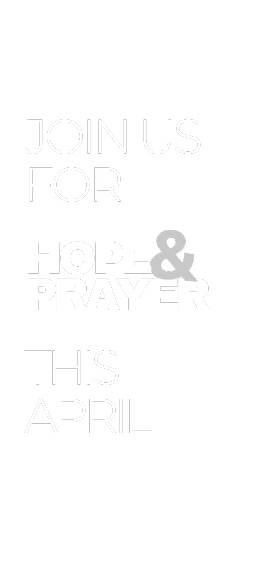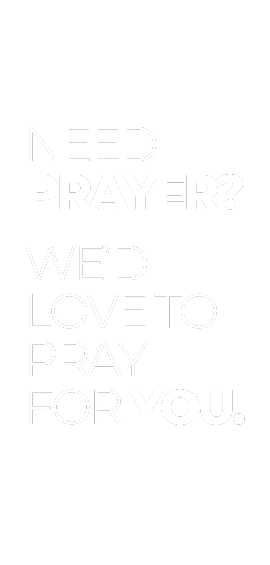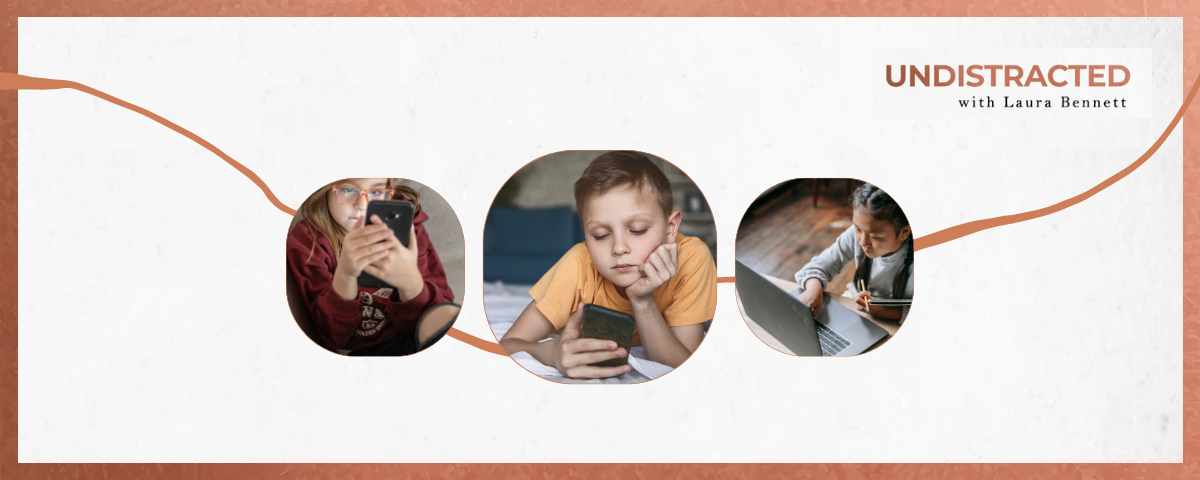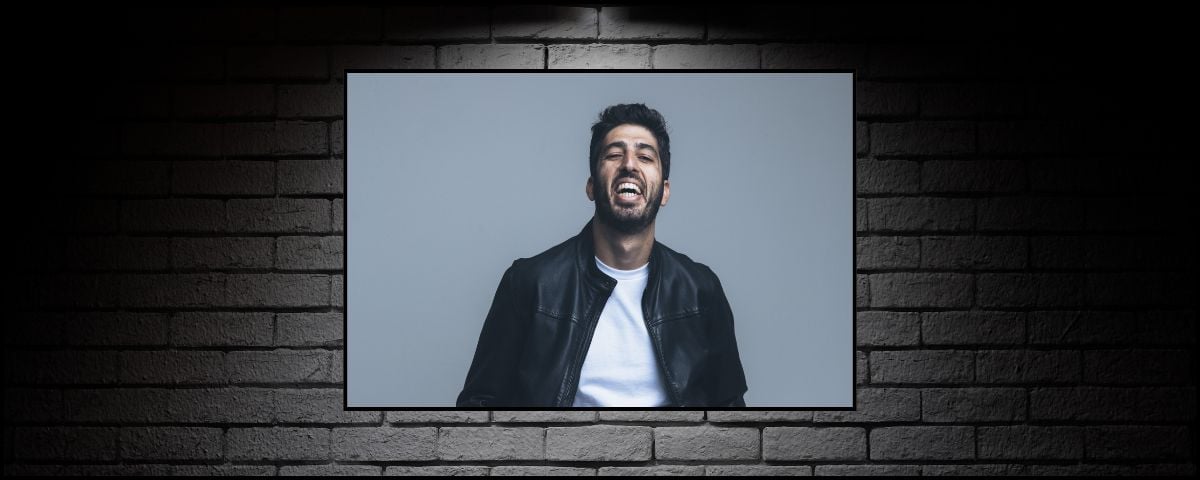Why having a good hard look at yourself might make all the difference.
Key points:
- If we pursue these opportunities for personal growth, Caroline says it can help us to live “more in tune with our principles and values”.
- The stages of self-reflection include scrutinising the experience, recognising what was important to her at the time, and assessing opportunities for growth.
- Listen to the full conversation in the player above.
Ever been misunderstood?
What did you do next?
Did you blame the others involved, either out loud or internally?
Have you tried what Sydney author Caroline Spencer suggests in her new book Getting Over Yourself?
As Caroline told Hope Mornings, she promotes “getting over yourself” and being deliberated, structured and disciplined about reflecting upon our interaction with others.
If we pursue these opportunities for personal growth, Caroline says it can help us to live “more in tune with our principles and values”.
Hope 103.2 is proudly supported by
If we pursue opportunities for personal growth, it can help us to live “more in tune with our principles and values”.
“For me, as a follower of Jesus, that means becoming more like him.”
Before you get your back up or decide Caroline is just having a go at you, hear her out.
Having spent years as a Christian communicator and leader with City Bible Forum and Moore College in Sydney, Caroline has also been diligent about “getting over yourself”
“I work on a healthy self-reflection habit,” Caroline said.
“I pick an experience I have had that bothers me for some reason and there are four stages which I do.”
As outlined in detail in Getting Over Yourself, Caroline’s stages of self-reflection include scrutinising the experience, recognising what was important to her at the time, and assessing opportunities for growth.
“As a follower of Jesus, how does the Bible want me to live and is there some sort of gap there in terms of how I was in that experience?” Caroline said.
Such thorough self-examination leads to Caroline seeking ways to change behaviour in future interactions.
Caroline gave the example of how much she had recently ruminated on a meeting where she felt misunderstood.
Applying the steps of Getting Over Yourself helped her to realise the emphasis she had placed on being understood by all.
Further, she “looked for the good” from the experience, to combat Caroline’s drift back toward its negative elements.
The stages of self-reflection include scrutinising the experience, recognising what was important at the time, and assessing opportunities for growth.
Encouraging us to “get over yourself” in all areas of life, Caroline has noticed changes in the outcomes of her interactions.
“Doing the self-reflection teaches me to ask more questions of my experiences, to challenge my assumptions, and to try to see things from different points of view,” Caroline said.
“I’ve noticed that I have taken those learnings into conversations with people.
“I’m better at listening now.
“I’m better at asking questions and hopefully making less assumptions.”
Listen to the full conversation in the player above.
Feature image: Photo supplied by Caroline spencer and used with permission.
Get daily encouragement delivered straight to your inbox
Writers from our Real Hope community offer valuable wisdom and insights based on their own experiences!
Subscribe + stay connected with all
our latest stories
Hope 103.2 is proudly supported by


























